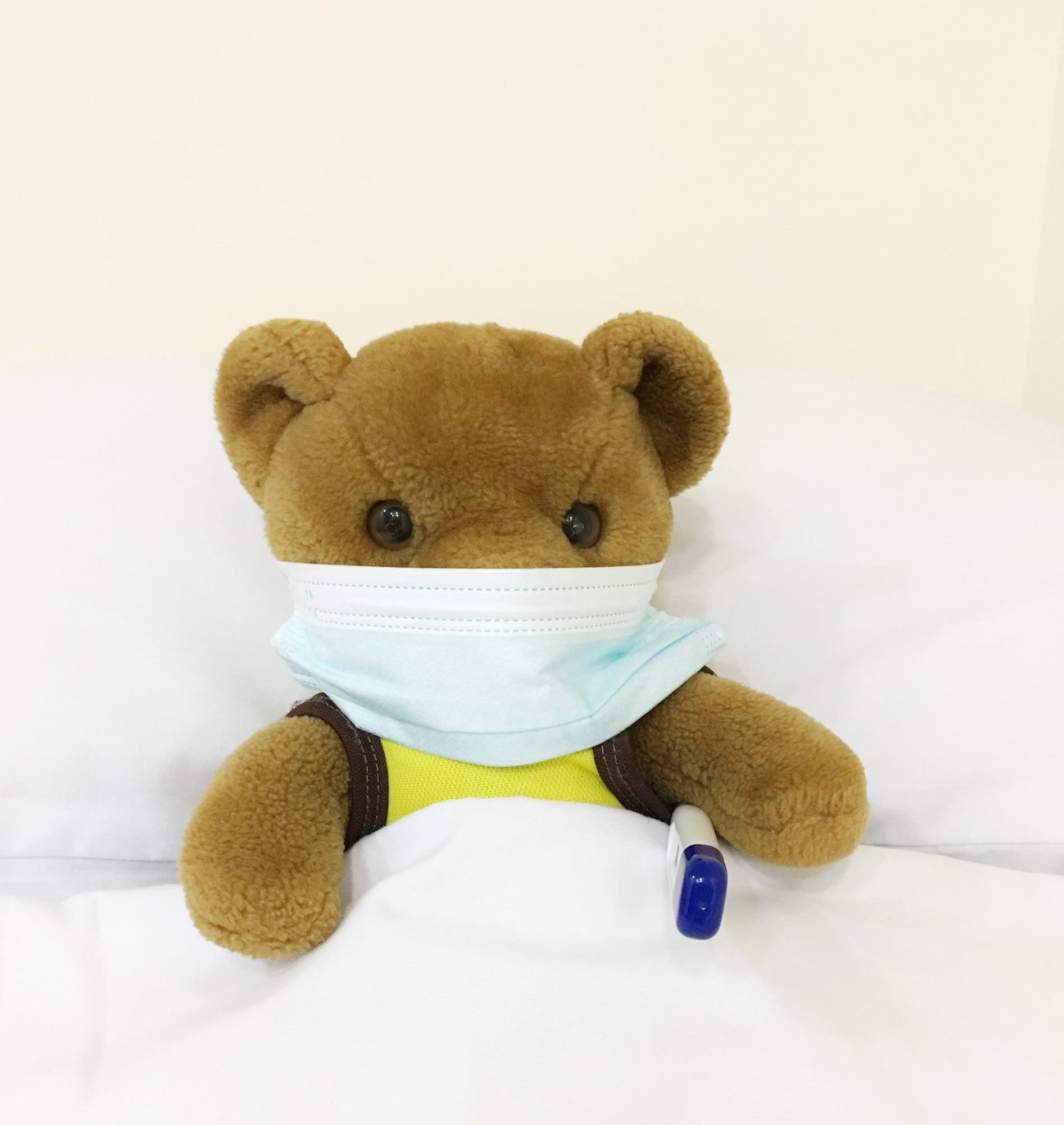Are you a new mother with questions about breast milk storage and regulation? You’re not alone! How long can I store my milk? What’s the best way to keep it? Is there a quantity limit to how much I can store? In this blog post, we’ll answer all those questions and more. We’ll also discuss the regulations around breast milk storage and donation. So, if you’re a new mom with lots of questions about breast milk, read on!
But First What Is Breast Milk Made Of?
Breast Milk is full of nutrients that feed and protect the baby. The constituents of breast milk include millions of live cells, amino acids, hormones, enzymes, and complex sugars. Breast milk storage is key to keeping the milk fresh and maintaining its nutritional and immunity building qualities.
Storing Of Breast Milk
Safer storage of breast milk can help maintain the safety and quality of breast milk. The milk volume and the room temperature at which you express the milk are some guidelines you should consider while storing breast milk. Breast milk storage depends on how soon you want to use breast milk. Suppose you plan to use the breast milk within a few days. In that case, refrigerating is an easy method compared to freezing the milk and later defrosting it. Before choosing a method of breast milk storage and regulation, you should put into consideration the following tips:
- Wash hands before expressing and handling the breast milk for storage.
- Keep everything clean to avoid a bacterial infestation in the stored breast milk.
- Use sterilized storage containers. Prefer plastic baby bottles because they do not crack or chip.
- Label the milk bottles and use the oldest ones first.
- Keep breast pumps clean by washing the parts in hot, soapy water, and rinse the pump thoroughly before sterilizing.
- Use clean storage bags made of glass or plastic and have tight-fitting lids to store breast milk.
- Do not store breast milk in disposable bottles or plastic bags that are not intended for storing breast milk.
Breast Milk Storage And Regulation Time
Store freshly expressed breast milk for up to 4 hours at room temperature.
You can also store the milk in the refrigerator for up to 4 days. Do not use the refrigerator door to store breast milk. It will help protect the milk from temperature changes due to the continuous opening and closing of the refrigerator’s door.
Freezing Breast Milk
- As soon as the milk is expressed, freeze it. Make sure to leave a gap at the top of each milk bottle because the breast milk expands during freezing.
- Use a clean ice cube tray to freeze small amounts of milk. However, this tray should ideally have a lid, or you can store the tray inside a sealed freezer bag. This process helps to defrost milk quickly for the baby to drink or mix breast milk with the baby’s food during weaning.
- When using breastmilk storage bags, lookout for any tears especially when re-using them.
- Chill the fresh milk for at least one hour before mixing it with frozen milk.
- Surround a basin or a fridge with warm water to defrost frozen breast milk. It is advisable never to refreeze thawed milk.
Thawing Breast Milk
When thawing breast milk, you should thaw the oldest breast milk first. Thaw the breast milk in a refrigerator overnight and under warm running water in the morning. The microwaves destroy nutrients in the breast milk and may create a hot spot that may injure the baby’s mouth. So, do not use microwaves for heating or thawing breast milk.
Cleaning Infants Feeding Items
Infants’ feeding items include breastfeeding bottles that you should clean after every feeding. If breast milk or formula is added to a partially used bottle, germs can grow quickly. To remove germs from feeding items, sanitize them daily, especially in babies who are below three months. Here are some bottle feeding essentials!
Conclusion
We hope that this information helped you know more about the proper way to treat breast milk storage and regulation. Remember to keep feeding utensils clean and observe the freezing and thawing regulations. Good luck!






